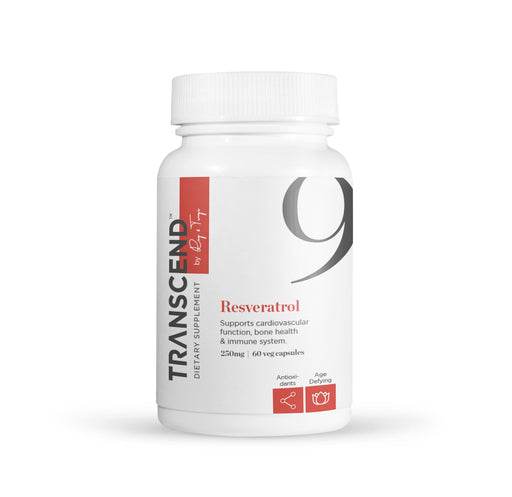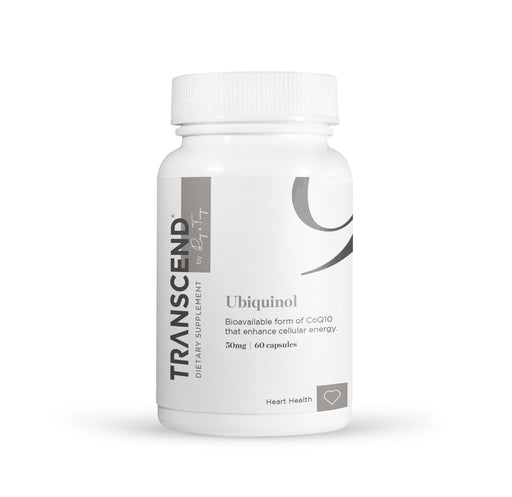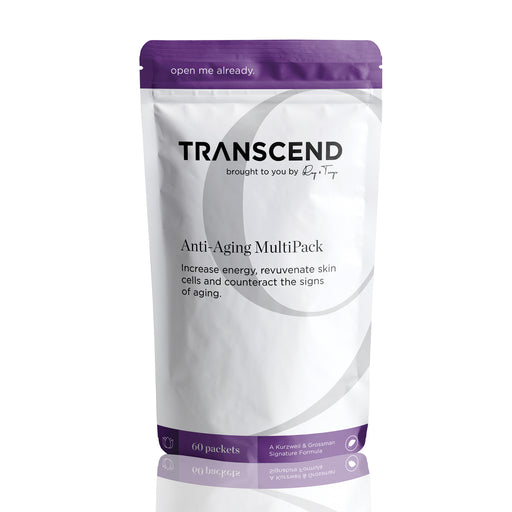
Vitamin B-12, Sublingual
Increased energy Improve mood Fight fatigue Common deficiency Better absorption Vitamin B12 (also called cobalamin) is one of eight water-solu...
View full details
Labor Day is upon us – the unofficial end of summer – when some gleefully skip through Staples stocking up on back-to-school supplies and others linger on the beach before rolling up their towels and reluctantly dragging their feet out of the sand. We can thank the Labor Movement for creating this last summer holiday in honor of the contributions American workers have made to the strength, prosperity, and well-being of our country. Labor Day became a federal holiday in 1894, when farming and manufacturing made up the bulk of the economy. Work was brutish and backbreaking at that time, consuming the waking hours of adults and children alike. American jobs have changed dramatically since then, so much so that it's hard to imagine a time when weekends, workplace safety, and child labor laws didn’t exist.
The average person spends 90,000 hours at work in a lifetime. It comes as no surprise that study after study suggests that work satisfaction has a significant impact on our physical and emotional health. Physiologically, if you’re unhappy at work, your stress levels will increase. According to Ray and Terry, “Numerous studies have confirmed that chronic stress can contribute to decreased immune system function, gastrointestinal disorders, type 2 diabetes, cancer, rheumatoid arthritis, heart disease, and stroke. Stress with no constructive outlet can lead to anxiety, depression, difficulty concentrating, insomnia, and substance abuse… Perhaps most important, chronic stress accelerates the aging process.” (TRANSCEND: Nine Steps to Living Well Forever)
If we want to live long and healthy lives, it makes sense to seek out jobs that give us meaning and purpose. Unfortunately, with mouths to feed and bills to pay, this can be a daunting goal. Yet, according to Ray, this will become a lot easier in the future. As artificial intelligence masters one human skill after another, work is going to be radically transformed. In his forthcoming book, The Singularity Is Nearer (to be released in 2022), Ray writes, “A 2013 study by Oxford University ranked 700 occupations on their likelihood of being disrupted in the near term (about a decade). At 99% likelihood of being automated were such job categories as tax preparers, insurance underwriters, telemarketers. More than half of the occupations had more than a 50% likelihood of being eliminated. High on the list were additional factory jobs, customer service, banking jobs, and of course drivers of cars, trucks and buses…. This is not a time-limited problem. AI, nanotechnology, and other technologies are going to continue to progress – exponentially – until we have superhuman-level AI and fully-automated atomically precise manufacturing (controlled by AI) in the 2030s.”
Hollywood typically pits AI against humans, swooping in to take over the world (and our jobs). But, if we pause and look around, we actually see a more nuanced reality where humans are partnering with AI to enhance our natural abilities and increase our productivity. While AI will inevitably take over certain job categories, Ray’s advice is not to worry because it will simultaneously create new jobs that don’t exist yet. Newly emerging jobs are higher on the skill ladder and include novel, more creative business models for earning a living compared to traditional “jobs.” There are many examples: scientists developing personalized immunotherapies, architects designing 3D printed modular homes, engineers creating large scale simulators to train autonomous cars. Musicians are independently sharing their music worldwide and social media influencers are connecting with millions of online followers. Many of us didn’t see that coming twenty years ago. These are all opportunities that have been created by new technologies.
Two thirds of jobs in the U.S. today have to do with creating knowledge of some sort. Almost all of these jobs didn’t exist twenty five years ago. They pay more, provide more gratification, and require more skills. Education is playing an essential role in preparing workers to fill these new jobs. According to the US Department of Education we’ve gone from 63,000 university students in 1870 to 20.5 million today. And we added 5.2 million university students in the United States between the years 2000 and 2015 online.
Machines are enhancing our ability to be creative in every way. Take for example three-dimensional printing. As 3D printing becomes more widespread, it is revolutionizing the manufacturing industry. Inexpensive and fast prototyping is now common with 3D printing. Engineers can design a new part on their computers and hold a 3D-printed model in their hands within minutes or hours—a process that might have taken weeks with previous technology. This allows for rapid cycles of testing and modification for a fraction of the cost of old methods. And as a result, people with good ideas but relatively little money can bring their innovations to the marketplace and benefit society.
While AI transforms the landscape of work, it will also drive down the cost of living, which means we won’t have to work as much. According to Ray, by the early 2030s, providing for your family’s basic needs will become relatively easy, because as products and services become information technologies they will undergo drastic deflation. In about a decade it will be inexpensive to live at a level that is considered luxurious today
Historically humans have had to compete with each other to meet the physical needs of life. But as we enter an era of abundance when material necessities are available to everyone, our main struggle will be for purpose and meaning. As we move forward, Ray says we must redefine work. “If you’re going to work less you’re not just going to sit around. What are you going to do with extra time? Well, you’ll do something that you enjoy. That you have a passion for. Why don’t we just call that work?”
As the economy shifts to place a greater premium on entrepreneurship, creativity, and adaptability, now is the time to explore your interests, find a passion, and run with it. Your biggest challenge might be dropping outdated assumptions and taking a leap of faith towards a future that is not yet defined. And in return, your biggest reward might be a healthier, longer, and more purposeful life.

Increased energy Improve mood Fight fatigue Common deficiency Better absorption Vitamin B12 (also called cobalamin) is one of eight water-solu...
View full details
Combat internal aging Protect cells from radiation damage Increase antioxidant capacity Take with lecithin for better absorption Optimal dose for...
View full details
2022 update: Future batches of this product will use a Ubiquinol product that is a greenish capsule rather than a red softgel Bioavailable form o...
View full details
A Kurzweil + Grossman Formula Continued Synergy between Science and Convenience Convenient dosage packets Top anti-aging products Increase energy...
View full details